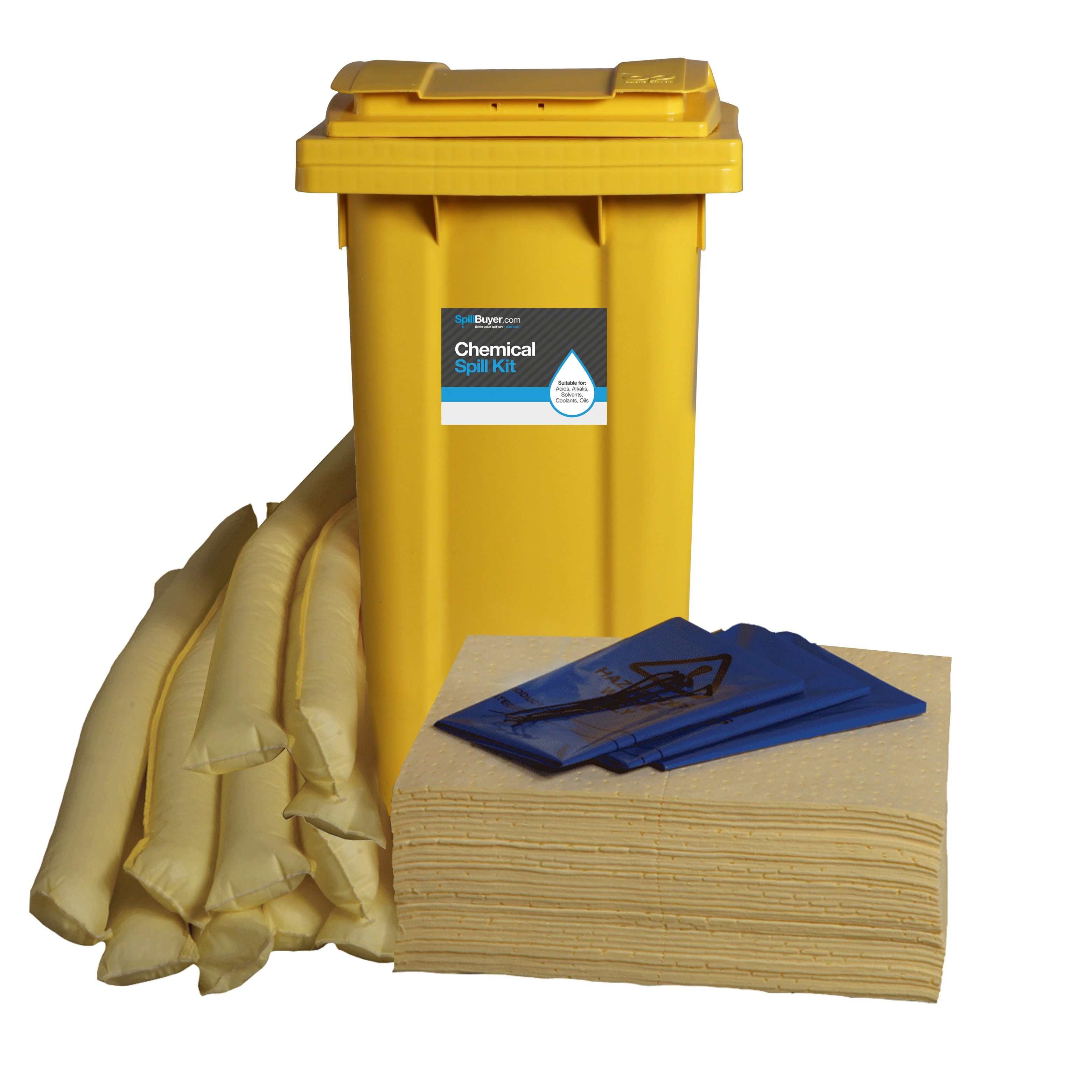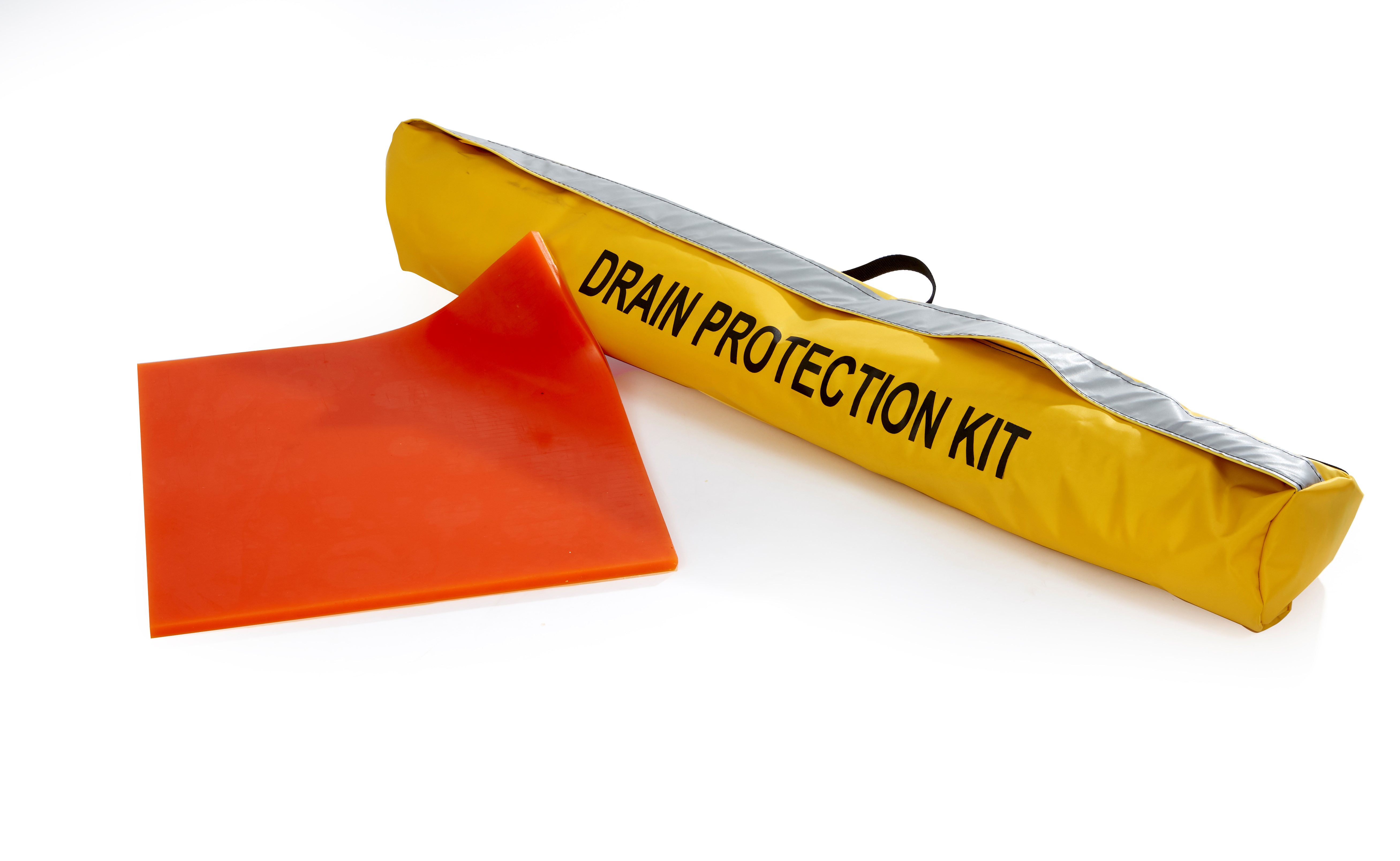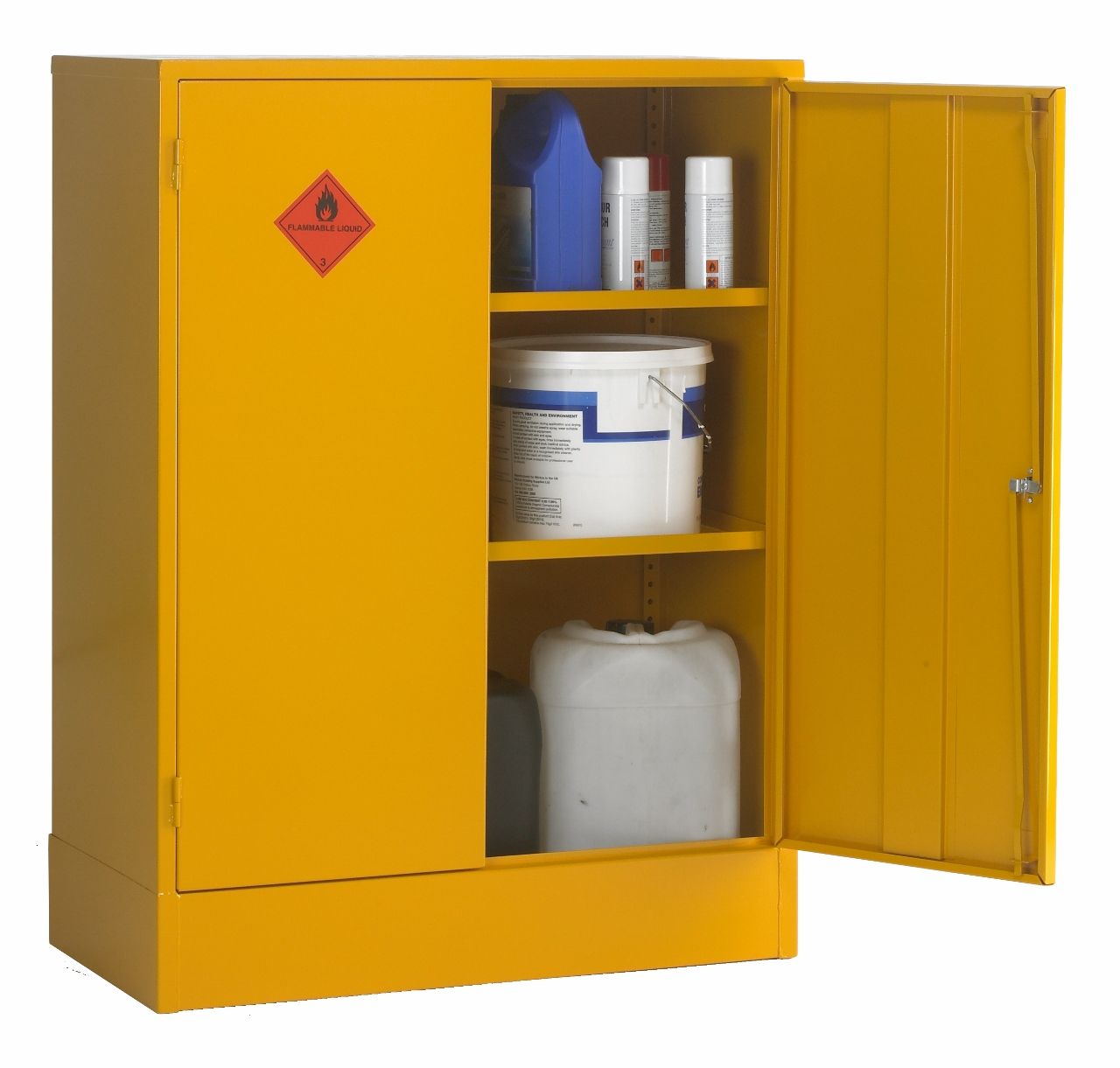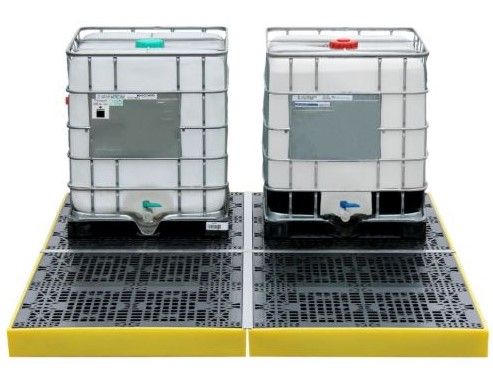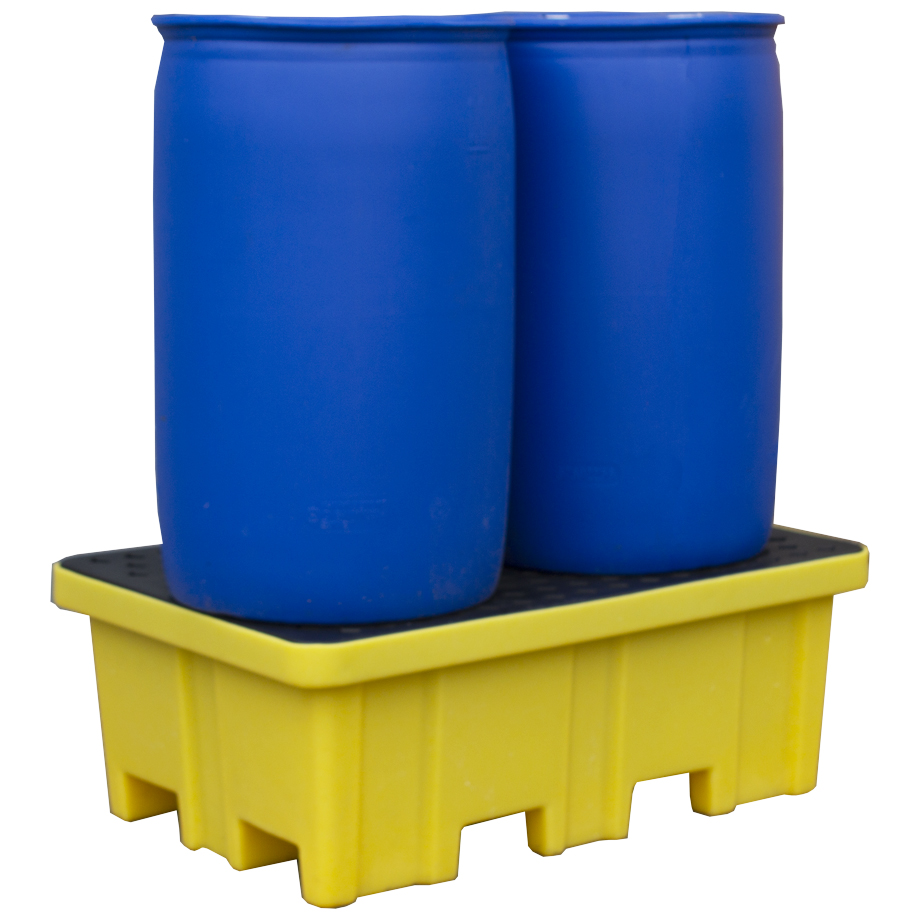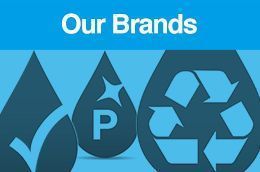In order to make sure that your workplace is safe for staff and visitors alike, it is important to properly assess all of the potential on-site risks and take steps to mitigate them. Some of these health and safety risks will be obvious, such as high scaffolding or heavy machinery, while some - such as the danger posed by hazardous substances - can be more easily missed.
Naturally, businesses that work with dangerous chemicals or substances hazardous to human health on a daily basis will be well aware of the need to protect workers from the potential risks. However, the category of “hazardous substances” is broader than many people expect, and may encompass various smaller-scale risks that can nevertheless cause serious damage and safety risks if left unaddressed.
To help keep everyone at your workplace safe, we’ve created a list of hazardous substances in the workplace and their potential sources, as well as detailing the steps you will need to take to mitigate the risks posed by these common hazardous substances.
What are the most common hazardous substances?
Under the definitions set out by the Health and Safety Executive (HSE), a hazardous substance can be any chemical or substance that can cause harm to occupational health and safety through direct contact or exposure.
Below, we present a list of hazardous substances in the workplace that you may need to account for when performing a risk assessment:
-
Dangerous chemical substances, including:
-
Acids
-
Caustic chemicals
-
Disinfectants, detergents and cleaning products
-
Pesticides
-
Petroleum
-
Glue, solvents and adhesives
-
Cement and sealants
-
Paint and ink
-
Biological agents and potential biological hazards, including:
-
Bacteria and viruses
-
Fungi
-
Plants, flowers and bulbs that can cause irritation
-
Inhalable gases, fumes and dust, including:
-
Asbestos
-
Carbon monoxide
-
Chemical sprays
-
Chlorine
-
Grain and flour
-
Paint fumes
-
Soldering and welding fumes
-
Wood dust
Some of these common hazardous substances will be more obvious than others, while others may not necessarily cause harm in every working environment. Nevertheless, if your business requires staff members to interact with any of these substances as part of their working responsibilities, it is essential to put health and safety plans in place to mitigate these dangers as part of your risk assessment process.
What are the effects of being exposed to hazardous substances?
Depending on the nature of the hazardous substance and the level of exposure, workers and site visitors can experience a number of potentially serious health impacts from harmful exposure to chemical hazards on site.
If someone makes skin contact with a hazardous substance, it can cause:
-
Chemical burns
-
Dermatitis or skin rashes
-
Eye damage
-
Skin cancer
If they inhale a hazardous substance, this can lead to other effects, such as:
-
Airway obstruction
-
Lung cancer
-
Respiratory disease such as bronchitis or asthma
A hazardous substance or chemical may also enter the body in other ways, such as through accidental ingestion or penetration of the skin. This can result in:
-
Cancers of other parts of the body
-
Nausea and vomiting
-
Poisoning
The more exposed staff are to these hazardous substances, the greater the chance of a serious long-term health issue developing, which is why it is so important to take all necessary steps to mitigate these risks as part of your health and safety planning and risk assessment process.
How can you protect your staff against hazardous substances on site?
Under the Control of Substances Hazardous to Health (COSHH) rules from the Health and Safety Executive, businesses have a responsibility to put measures in place to minimise the potential risk of harm or negative health effects posed by exposure to hazardous substances in the workplace.
Eliminating your workplace's hazardous substance risk posed can be accomplished through the following steps:
-
Carry out a risk assessment to identify any potential workplace hazards and harmful substances that your staff are likely to encounter during their daily responsibilities, including products that they are using and byproducts that are generated through their work
-
Identify potential methods of removing these substances from your workflow, or find a safer form of the product that can be used instead
-
If the hazardous substance cannot be replaced, devise and implement a clear process for handling and disposing of the substance that minimises any potential risk of harmful exposure
-
Develop workplace exposure limits and a method of working that ensures that as few people are potentially exposed to hazardous substances as possible
-
Provide personal protective equipment to help safeguard staff members against accidental exposure when working with hazardous substances
-
Ensure that you have suitable storage cabinets and facilities in place to safely contain any dangerous chemicals that need to be kept on site
-
Utilise safety signs and site safety boards to warn employees and site visitors of the potential risks posed by hazardous substances, and to inform them of the proper procedure when working with these substances
-
Keep COSHH management and spill control products on site to ensure that any accidental spills can be safely cleaned up and contained
By taking these steps, you can ensure that your business has done everything necessary to mitigate the possible risk of exposure to hazardous substances in the workplace, helping you to protect workers and ensure staff can carry out their daily duties effectively and safely.
Find out more
To learn more and get further information about how you can keep everyone on site safe from hazardous substances, browse our full range of COSHH management and spill control solutions. If you have any questions, give SafetyBuyer a call today on 0800 043 1061.
 Over 12,000
Over 12,000  Simple no quibble
Simple no quibble  Prompt dispatch &
Prompt dispatch &  UK Mainland Delivery
UK Mainland Delivery 






